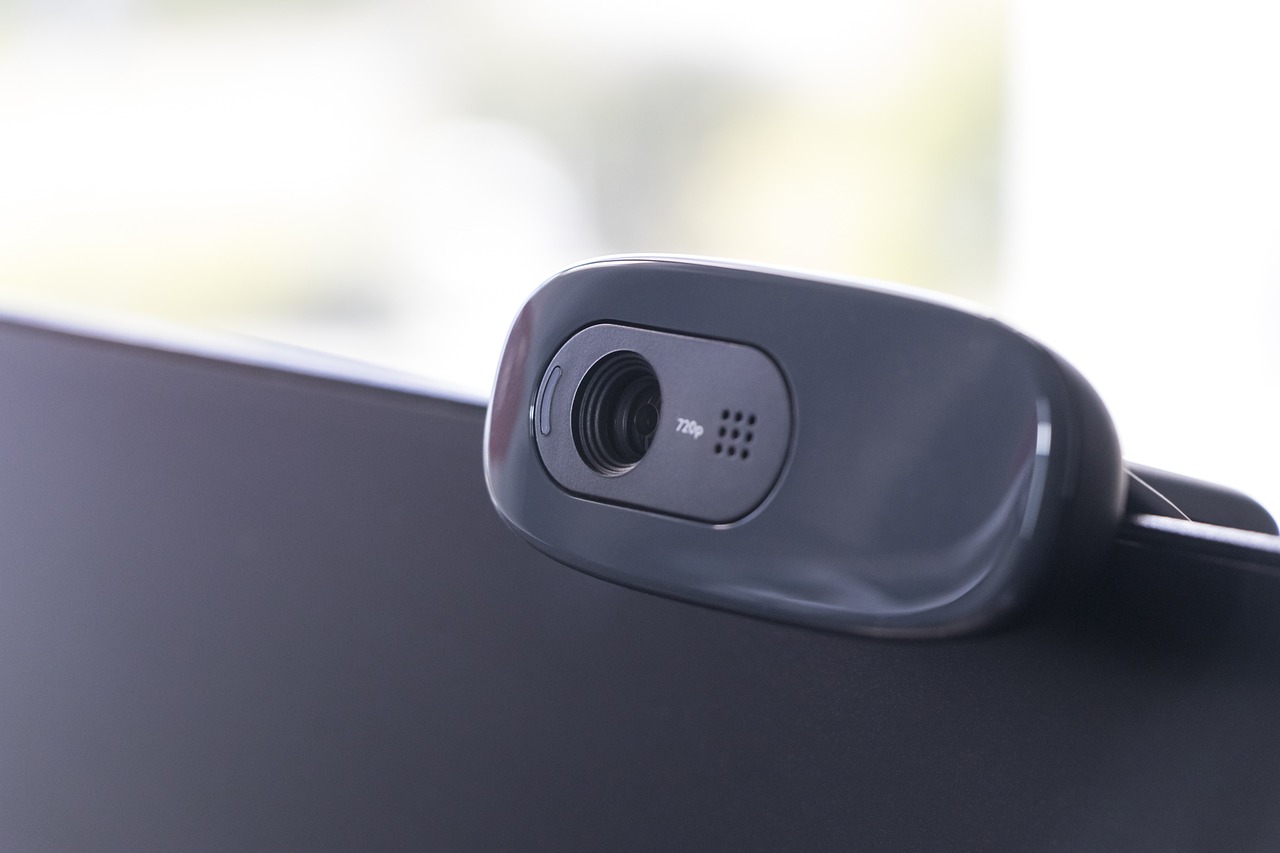Eye on the Prize: Protecting Yourself from Webcam Hacks
Imagine this: you’re working from home, taking a video call, completely unaware that a stranger might be watching your every move. A hacked webcam can be a nightmare, exposing your privacy and potentially leading to blackmail or even identity theft. But fear not! Here’s a comprehensive guide on how to detect a webcam hack, respond if it happens, and most importantly, prevent it from happening in the first place.
Signs Your Webcam Might Be Hacked:
Hackers are sneaky, but there are some telltale signs that your webcam might be compromised:
- Light Show: The most obvious indicator is the webcam activity light turning on unexpectedly, even when you’re not using video chat or any applications that require camera access.
- Suspicious Software: New or unfamiliar software on your device, especially if downloaded from untrusted sources, could be malware enabling webcam access for hackers.
- Poor Performance: A sudden slowdown in your computer’s performance, accompanied by unexplained crashes, could be a sign of malware using system resources.
- Disturbing Activity: If you notice unusual activity in your video conferencing accounts, like unexpected login attempts or changes to settings, investigate immediately.
Check out our YouTube Channel at: https://www.youtube.com/@TechCyberSecurityNews
What to Do If Your Webcam is Hacked:
If you suspect a webcam hack, don’t panic. Here are the steps to take to regain control:
- Disconnect! The priority is to disconnect your device from the internet. This prevents the hacker from transmitting any further footage.
- Disable the Webcam: Most laptops and devices have a physical function key or setting to disable the webcam. Use it to cut off access completely.
- Scan for Malware: Run a thorough scan with your antivirus software to identify and remove any malicious software that might be controlling your webcam.
- Change Passwords: Immediately change passwords for all your online accounts, especially those you used while the webcam might have been compromised. It’s also wise to enable two-factor authentication (2FA) for added security.
- Report the Incident: If you believe sensitive information was exposed, consider reporting the incident to the relevant authorities, such as law enforcement or the Federal Trade Commission (FTC) in the US.
Preventing Webcam Hacks: Building a Defense Wall
Here are some proactive measures you can take to prevent webcam hacks in the first place:
- Cover Up: This might sound low-tech, but physically covering your webcam with a webcam cover or a piece of tape is a simple and effective way to block unauthorized access.
- Software Security: Keep your operating system, web browser, and all software applications up to date with the latest security patches. Outdated software can have vulnerabilities that hackers exploit.
- Firewall Power: Ensure your firewall is enabled and configured correctly. A good firewall acts as a gatekeeper, filtering incoming and outgoing traffic and blocking suspicious connections.
- Permission Power: Be cautious about granting webcam permissions to websites or applications. Only allow access when necessary and revoke permissions when you’re done.
- Download with Caution: Only download software from trusted sources and be wary of clicking on links or opening attachments from unknown senders. Phishing emails are a common way for hackers to distribute malware.
- Antivirus All-Star: Invest in a reputable antivirus and anti-malware software solution and keep it running with real-time protection enabled.
- Virtual Backgrounds: Many video conferencing platforms offer virtual background features. This can add a layer of privacy by obscuring your physical background.
Bonus Tips:
- Monitor Activity: Pay attention to your webcam activity light. If it turns on unexpectedly, investigate immediately.
- Regular Scans: Schedule regular scans with your antivirus software to proactively identify and remove any potential threats.
- Beware Public Wi-Fi: Avoid using public Wi-Fi networks for video calls or accessing sensitive information. Public Wi-Fi can be vulnerable to eavesdropping.
Remember: Cybersecurity is an ongoing process. By following these tips and staying vigilant, you can significantly reduce your risk of webcam hacks and protect your privacy. Don’t let your webcam become a window into your world for unwanted viewers!
Check out our YouTube Channel at: https://www.youtube.com/@TechCyberSecurityNews
